The renowned climber translates his passion for heights into high-impact solar projects, powering change one community at a time.
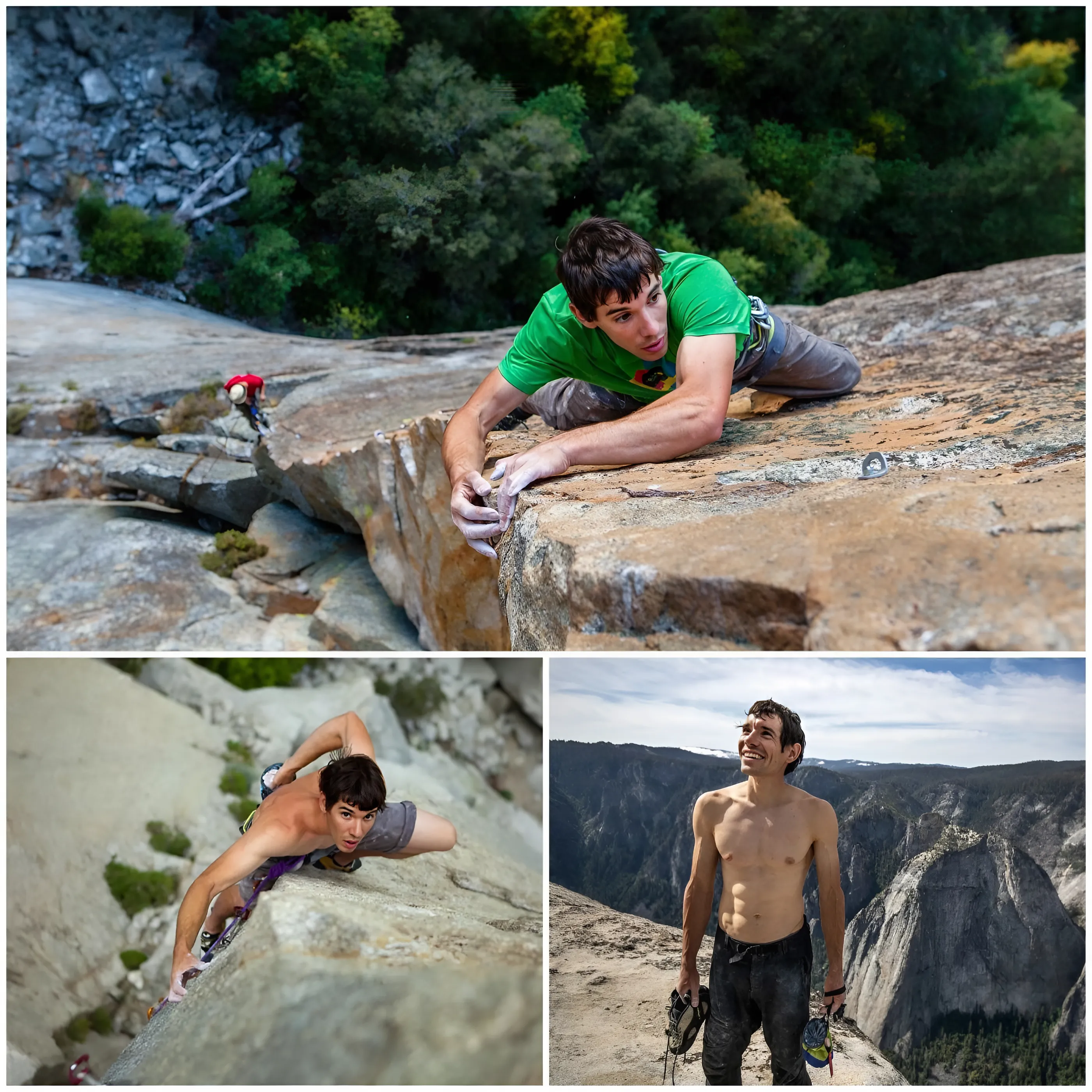
Alex Honnold is no stranger to challenges. Most famously, in 2017, he became the only person to have climbed Yosemite National Park’s 3,000-foot vertical rock formation, El Capitan, without ropes or harnesses, a feat chronicled in the Oscar-winning documentary Free Solo.
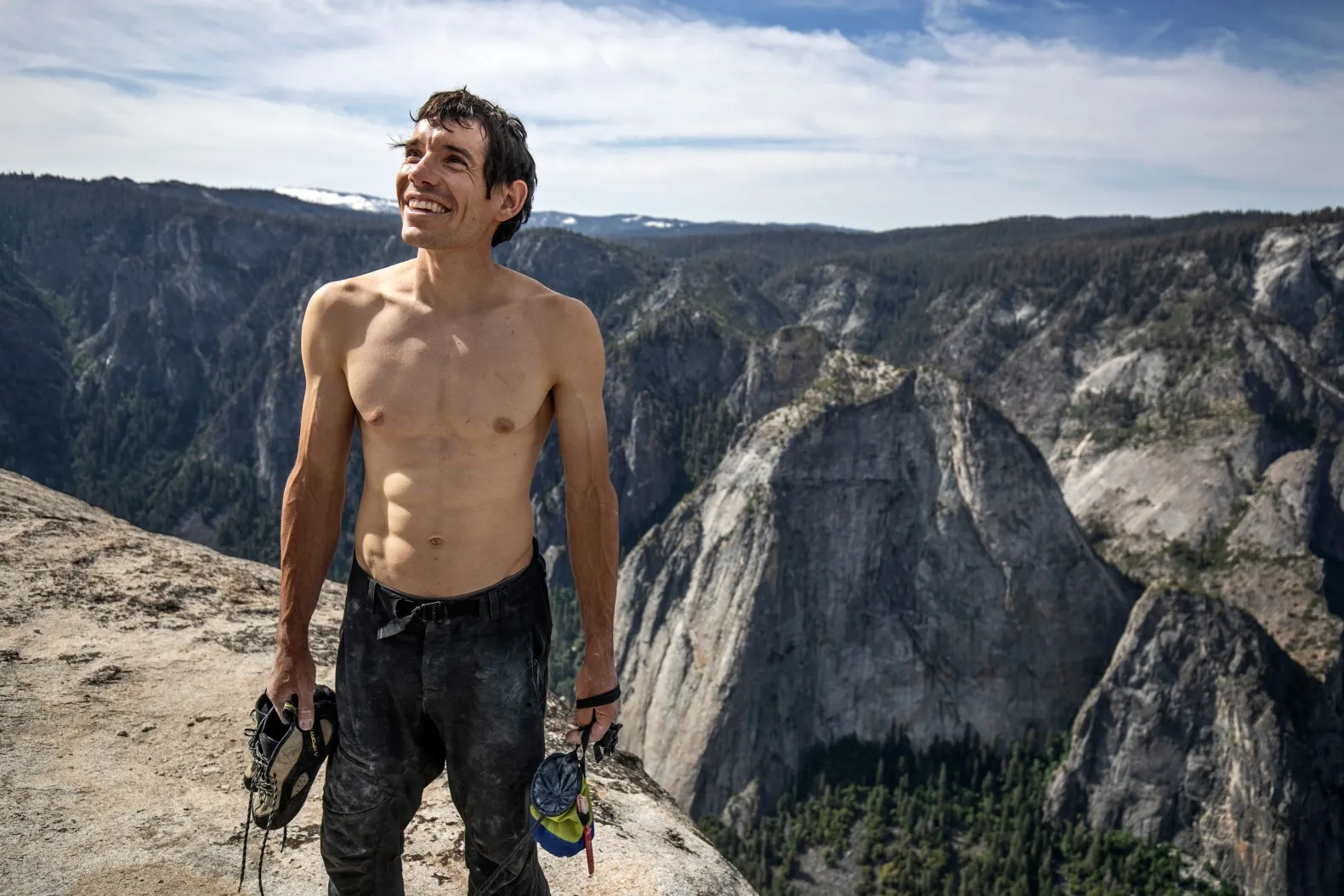
Last summer, Honnold completed another impressive feat: the first ascent of Ingmikortilaq, a 3,750-foot rock face in Greenland, near the Arctic Circle. That climb was part of an expedition to gather critical data on the impact of climate change in the region. Honnold was accompanied by glaciologist Heïdi Sevestre, who collected ice and rock samples for research on ice melt and glacier loss. The journey was documented in Arctic Ascent, a National Geographic series that follows the group as they explore some of the most remote landscapes on Earth.
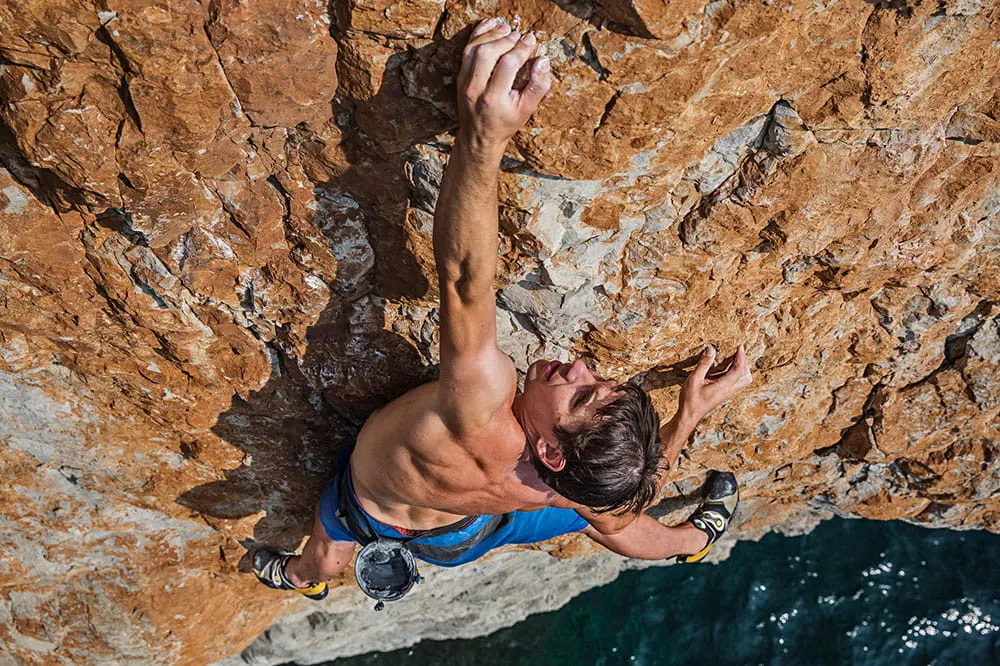
Leading a scientific expedition may be a new turn for Honnold in his decades of rock climbing, but he’s long been concerned about climate change. He took an interest in environmental nonfiction early on — Bill McKibben’s 2010 book Eaarth particularly resonated with him. “I remember that idea sticking with me — that in my lifetime, what I think of as Earth will no longer be the same,” he says, referring to climate impacts such as worsening wildfires, droughts and storms.
In 2012, Honnold made a pledge to direct one-third of his annual income to environmental philanthropy through the Honnold Foundation. From the outset, he knew climate change would be a major focus. “I was just looking for something useful to do in the world,” he explained during a call in January.
But Honnold also wanted to do something that improved people’s lives.
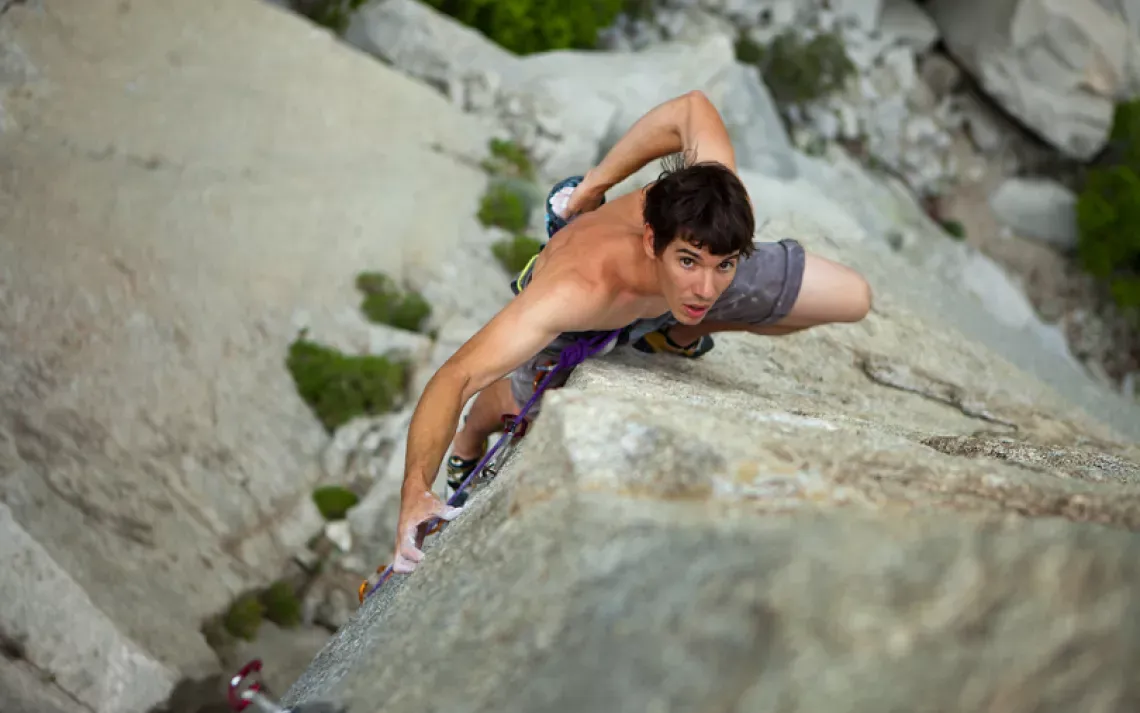
On climbing expeditions around the world, he has seen firsthand how lack of access to electricity affects communities. Globally, around 760 million people don’t have access to electricity. According to the International Energy Agency, achieving universal access by 2030 will require an average annual investment of $30 billion, but current funding falls far short of that. What’s more, securing capital to support energy-access projects is often most challenging in the least developed countries and regions, where the need is greatest.
As he was getting his foundation up and running, Honnold realized that funding small-scale solar projects in underserved communities could be a way to both advance the energy transition and tackle issues of energy access, self-reliance and economic opportunity.
I spoke with Honnold in mid-January when he and his wife, Sanni McCandless, were expecting their second child at any moment (baby Alice Summer Honnold was born earlier this month). I caught him during his final weeks of work before taking some time off to care for the new baby to talk about his mission of expanding access to solar energy around the world.
The Honnold Foundation has flourished over the past decade. As of 2023, it had six full-time employees and a $3.6 million budget, $2.3 million of which was distributed through direct grants.
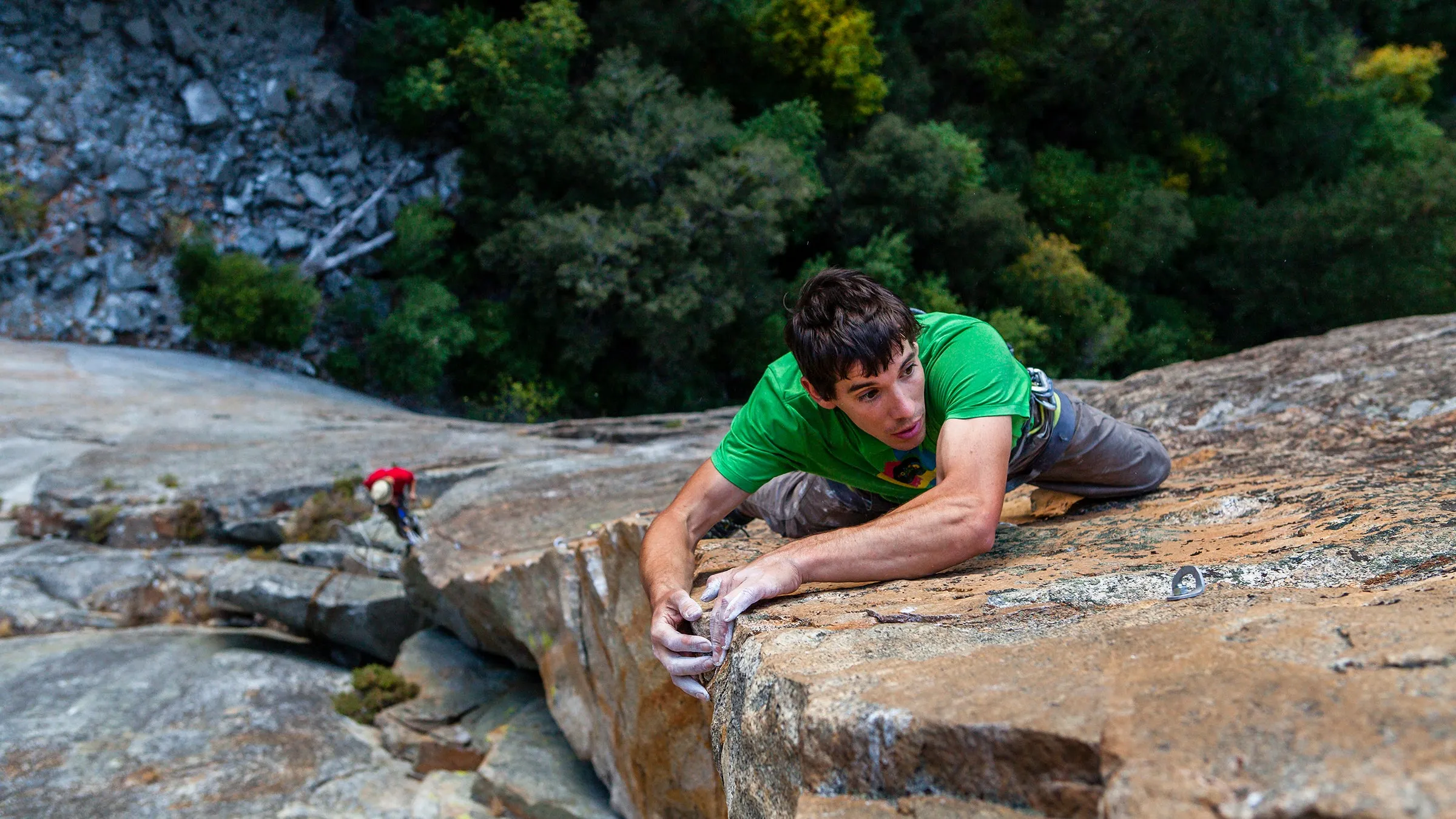
“When I started the organization, I felt like a big part of the challenge was just helping that transition [to clean energy] happen. Now it’s clear that the transition is happening, but it’s equally clear that that transition won’t help many people on earth,” says Honnold. “That’s the role for organizations like the Honnold Foundation — to make sure that as we transition to a more environmentally friendly world, we don’t just replicate the same model that’s left so many people behind in the past and that all humans are uplifted equally.”
Each year, the foundation evaluates hundreds of grant proposals, and then selects a handful to fund from across the Americas and island nations worldwide. Typical projects include solar microgrids and off-grid rooftop solar for homes and community organizations.
Since 2020, the Honnold Foundation has supported over 70 partners in 27 countries, territories and U.S. Tribal lands. The foundation makes a point of offering the funds without restrictions so that recipient organizations can utilize the money as they see fit. This approach reflects one of the foundation’s fundamental principles: trust.
As a climber, Honnold learned the importance of trust early on. “You don’t climb with someone unless you trust them 100%…you’re literally entrusting your life to their hands,” he explains. “We basically trust [our partners] to do what is best for their communities, which to me seems obvious, but apparently, that’s not how all philanthropy is.”
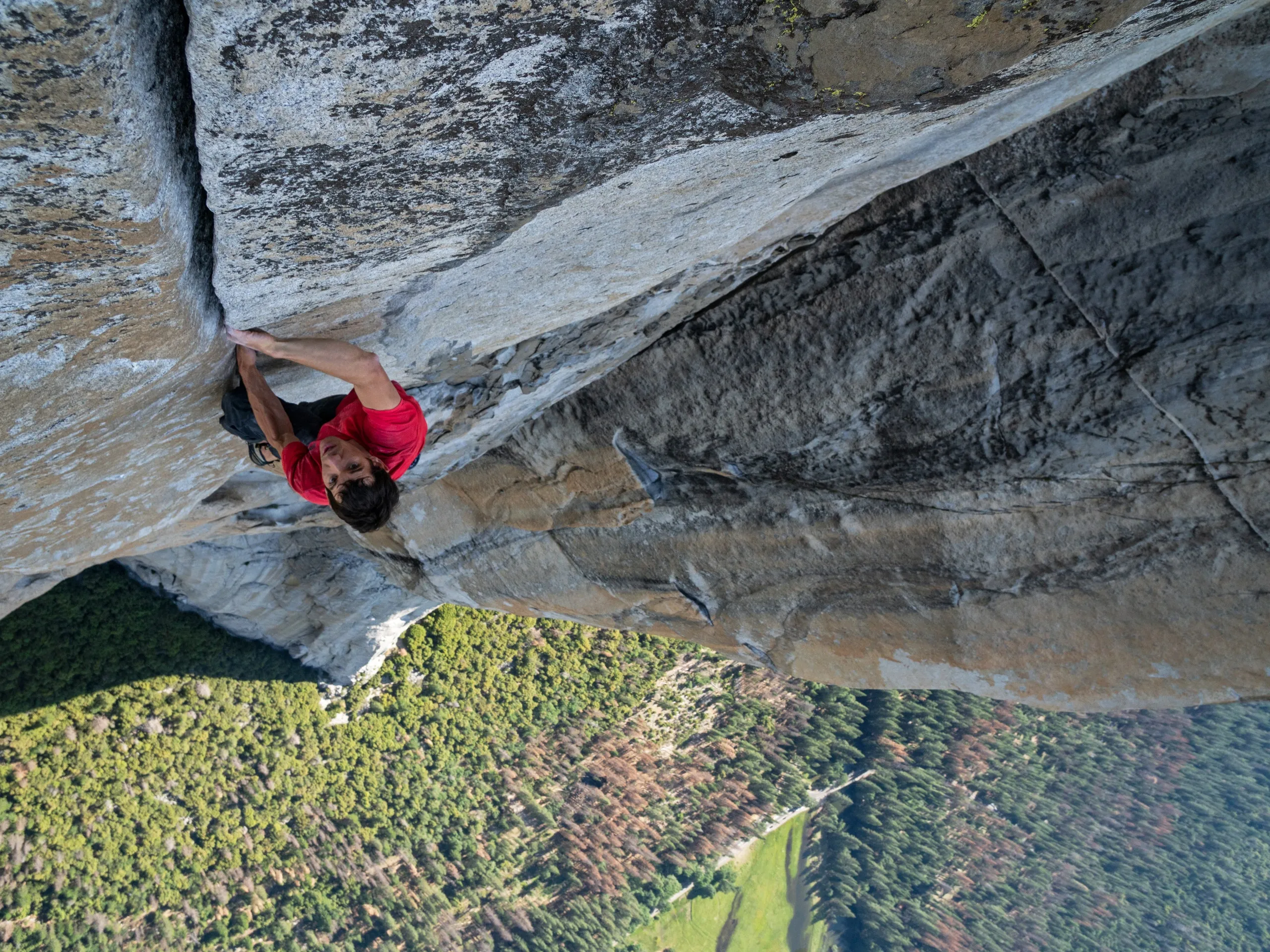
Honnold’s ease with risk (not a surprise if you’ve ever watched him climb) is another guiding principle for the foundation. “As a climber, you’re used to failing all the time, and if you’re not failing, then you’re not trying your hardest,” Honnold says. “With philanthropy, you have to be comfortable with some degree of failure, or else you’re just not having the most impact.”





